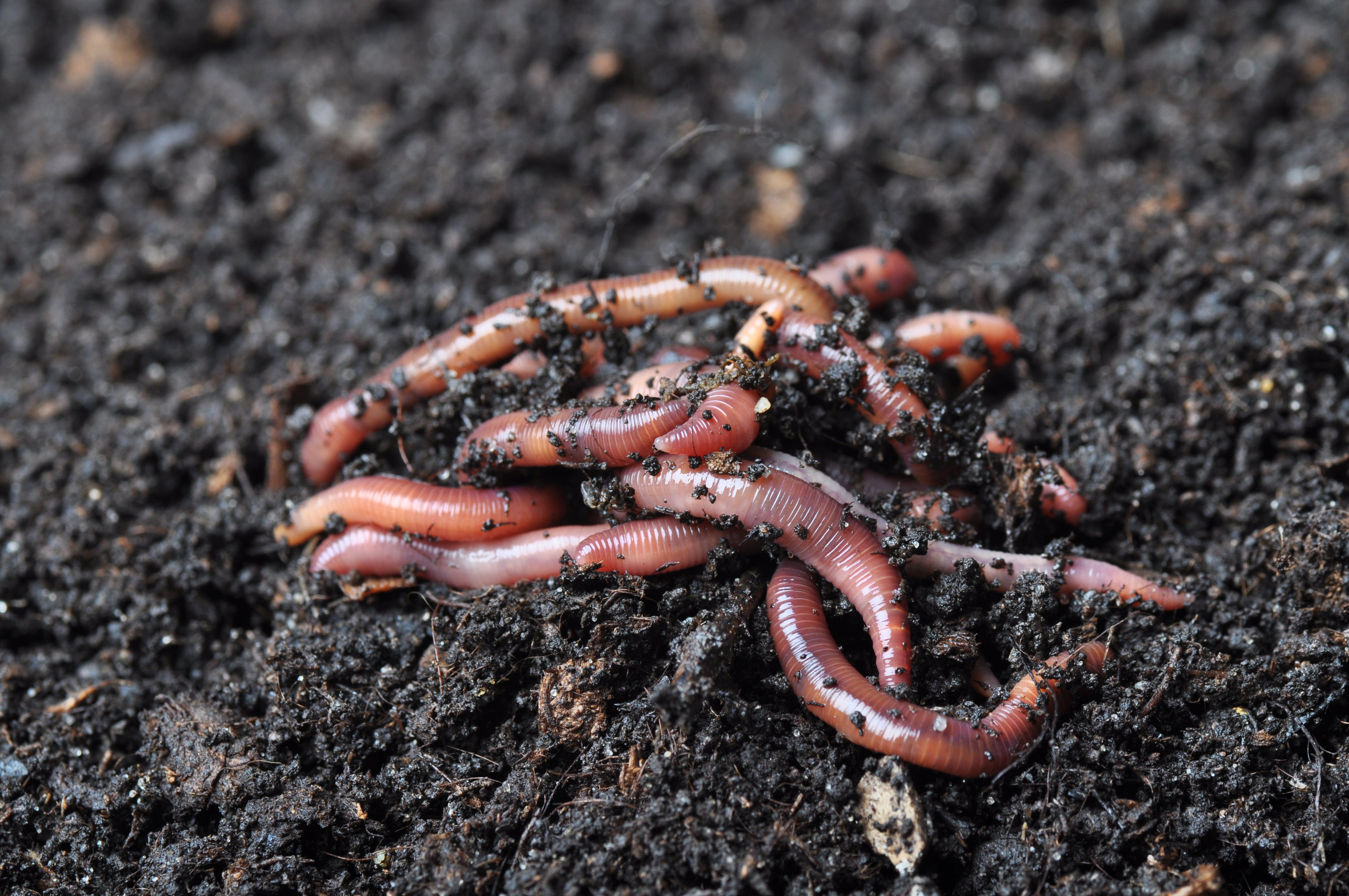Red Wigglers: The Unsung Heroes of Organic Waste Recycling
Red wigglers, or Eisenia fetida, offer as crucial representatives in the organic waste reusing process, transforming disposed of materials right into beneficial vermicompost. As the world increasingly seeks options to battle waste build-up and boost agricultural productivity, comprehending the function of these worms becomes essential.
What Are Red Wigglers?
The remarkable resilience of red wigglers, clinically referred to as Eisenia fetida, highlights their vital role in natural waste recycling. These small, reddish-brown earthworms are normally found in decomposing raw material, such as compost heap and manure stacks. Lake Hickory Bait. Unlike various other earthworm types, red wigglers prosper in nutrient-rich environments and are highly reliable at breaking down organic materials, making them crucial for vermicomposting

(Red Wiggler Express)Along with their role in waste decrease, red wigglers add to soil health by improving soil framework and oygenation via their burrowing activities (Lake Hickory Bait). Their existence in composting systems not only boosts decomposition prices but additionally advertises a sustainable technique to throw away management, highlighting their significance in ecological conservation initiatives
Advantages of Composting With Worms
Composting with worms, particularly red wigglers, uses countless advantages that enhance both waste monitoring and soil health. First, these worms efficiently damage down natural waste, transforming it right into nutrient-rich vermicompost that improves soil. This procedure speeds up disintegration, permitting a faster recycling of kitchen area scraps and other natural products contrasted to standard composting approaches.
Furthermore, the vermicompost generated by red wigglers is bursting with helpful microorganisms, which aid improve dirt structure, aeration, and wetness retention. This enhances the general health of plants, advertising vigorous development and boosted returns in gardens and agricultural setups. The use of worms in composting reduces the production of greenhouse gases, such as methane, adding to an extra lasting waste management system.

How to Begin Vermicomposting
Developing a vermicomposting system is an uncomplicated process that can produce significant advantages for both waste management and soil enrichment. To start, choose an appropriate container, such as a plastic bin or wood box, with appropriate air flow holes to make sure correct airflow. The measurements need to preferably be around 2 feet by 3 feet, allowing sufficient room for the worms to grow.
Next, prepare bedding material, which can consist of shredded paper, cardboard, or coconut coir. This bed linens must be dampened to create a suitable environment for the worms. When the bedding is in location, present red wigglers (Eisenia fetida) right into the bin, typically around one pound of worms for every single square foot of surface area.
Complying with the positioning of worms, include organic waste, such as fruit and veggie scraps, coffee grounds, and crushed eggshells. With these steps, you will properly launch a vermicomposting system that contributes to lasting waste administration and enhances your dirt.
Maintaining a Healthy And Balanced Worm Container
(Red Wiggler Express)Keeping a worm container thriving requires normal attention and like guarantee the health of the red wigglers and the efficiency of the composting process. Correct upkeep begins with keeping an eye on the dampness degrees; the bin should be damp yet not soaked. A great general rule is to preserve an uniformity comparable to a wrung-out sponge.
Delicately mixing the bed linen and food scraps every few weeks avoids compaction and makes sure that all worms have accessibility to oxygen. In addition, it is crucial to feed the worms properly.
If the bin comes to be also hot or chilly, the worms might become worried. By vigilantly taking care of these factors, one can keep a robust and effective worm container.
Effect On Lasting Living
The effective maintenance of a worm bin not Red Wiggler Express just benefits the health of red wigglers however additionally contributes considerably to sustainable living practices. By recycling organic waste, such as kitchen scraps and yard debris, red wigglers help draw away considerable amounts of material from landfills. This decrease in waste not only decreases greenhouse gas discharges but additionally decreases the ecological concern connected with waste monitoring.
Furthermore, the spreadings created by red wigglers act as a nutrient-rich organic plant food, boosting dirt health and wellness and advertising plant development. This natural choice to chemical plant foods supports sustainable agriculture and gardening techniques, lowering reliance on artificial inputs that can hurt environments. In addition, worm composting cultivates awareness of waste administration, encouraging individuals and neighborhoods to adopt more lasting behaviors.

Final Thought
In recap, red wigglers offer as essential contributors to natural waste reusing via their reliable disintegration of natural products. By integrating vermicomposting into waste management approaches, individuals and areas can dramatically reduce waste while advertising environmental sustainability.